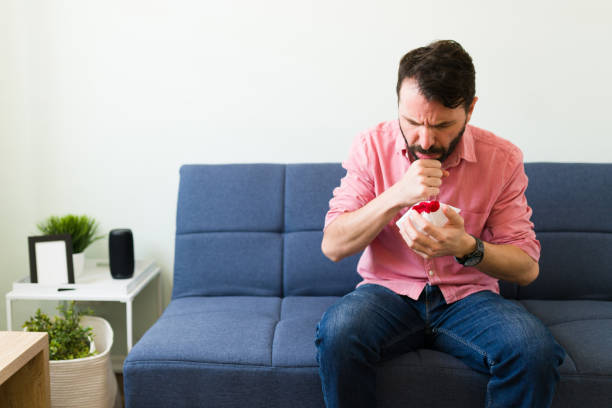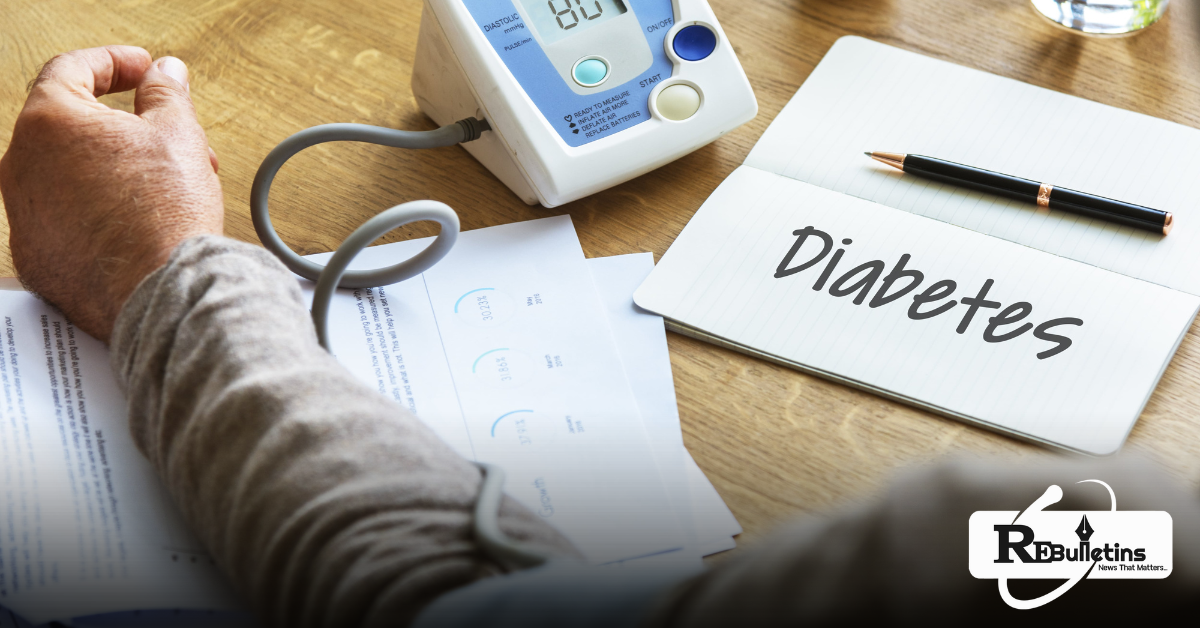Kidney stones, those tiny tormentors, are more than just bad luck. These hard deposits, formed from minerals and salts in your urine, can wreak havoc on your urinary tract, leaving you battling pain, nausea, and a burning desire to be anywhere but on the loo. But fear not, fellow sufferer, for knowledge is power, and understanding kidney stones is the first step to conquering them.
The Gritty Culprits: Types of Kidney Stones:
Think of your kidneys as little filtration factories, removing waste from your blood and excreting it through urine. Sometimes, minerals and salts in your urine become too concentrated, and voila, crystals start to form. These crystals can then clump together, creating the dreaded kidney stone. There are four main types of kidney stone offenders:
Calcium oxalate: The most common culprits, these stones love lurking in dehydrated folks and those who indulge in oxalate-rich foods like spinach and rhubarb.
Uric acid: These party poopers form when your body creates too much uric acid, a by-product of purines found in meat, seafood, and alcohol.
Struvite: These stones thrive in urine with high ammonia levels, often due to frequent urinary tract infections.
Cystine: A rare breed, these stones form in people with a genetic condition that causes their kidneys to leak cystine, an amino acid.
The Cry for Help: Recognizing Kidney Stone Symptoms
Kidney stones often lurk silently until they decide to throw a raging party in your urinary tract. But when they do, the signs are hard to miss:
The Backstabber: The classic symptom, a sharp, stabbing pain in your lower back or side, that can radiate to your abdomen and groin. Imagine a ninja doing the tango on your kidneys.
The Pee Police: Urgent and frequent urination, sometimes with burning or stinging sensations, like your pee comes with a built-in pepper spray.
The Bloody Messenger: Blood in your urine, ranging from a hint of pink to full-on crimson, is a sign your stones are causing some internal mayhem.
Nausea and the Vomi Gremlins: Feeling like you’re on a one-way trip to Pukeland can be another indication of kidney stone shenanigans.
Fever and Chills: If your stones decide to invite their infectious buddies along, you might experience fever and chills, turning your urinary tract into a warzone.
Facing the Foe: Treatment Options for Kidney Stones
If you suspect you’ve got kidney stones, seeking medical attention is crucial. Early diagnosis and treatment can prevent complications and get you back to your pain-free self. Your doctor will assess your situation and recommend the best course of action, which may include:
Pain relief: To help you survive the ninja tango party happening inside your kidneys.
Hydration therapy: Pumping you full of fluids to help flush out the tiny transgressors.
Medications: To relax your ureters and ease the passage of stones.
Minimally invasive procedures: Shockwave lithotripsy uses sound waves to break up stones, while ureteroscopy allows doctors to remove them directly from your ureters.
Surgery: In rare cases, open surgery might be needed for large or stubborn stones.
DIY Defense: Home Remedies for Kidney Stone Prevention
While home remedies can’t magically dissolve existing stones, they can help prevent future formations:
Hydrate, hydrate, hydrate: Aim for 2-3 liters of water daily to keep your urine diluted and discourage crystal formation.
Diet adjustments: Limit oxalate-rich foods and moderate protein intake if you’re prone to uric acid stones.
Citrate power: Ask your doctor about adding citrate-rich foods like lemons and limes to your diet, as they can help prevent stones.
Exercise: Stay active and moving to encourage stone passage and overall kidney health.
Disclaimer: These home remedies are for prevention, not treatment. Always consult your doctor for proper diagnosis and guidance if you suspect you have kidney stones.
Stay informed about the latest national and global updates by connecting with Rebulletins on Google, Facebook, Twitter, Instagram & Whats App.









